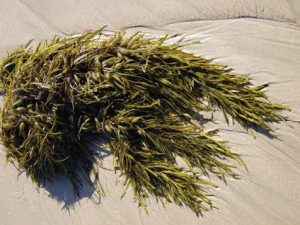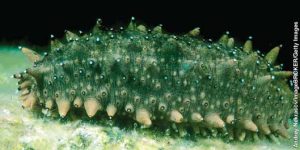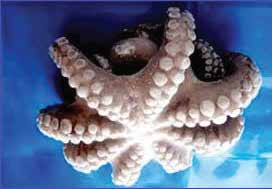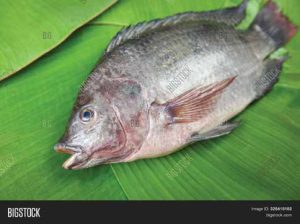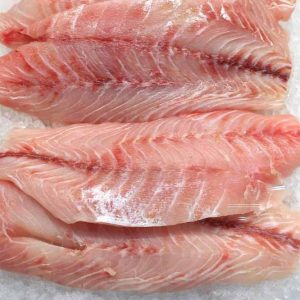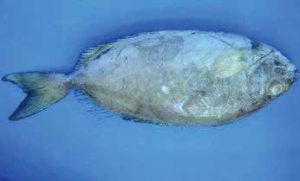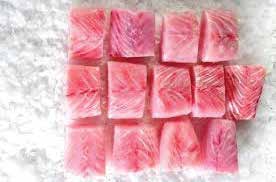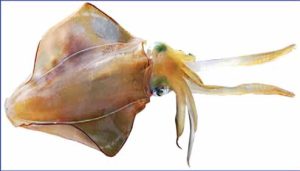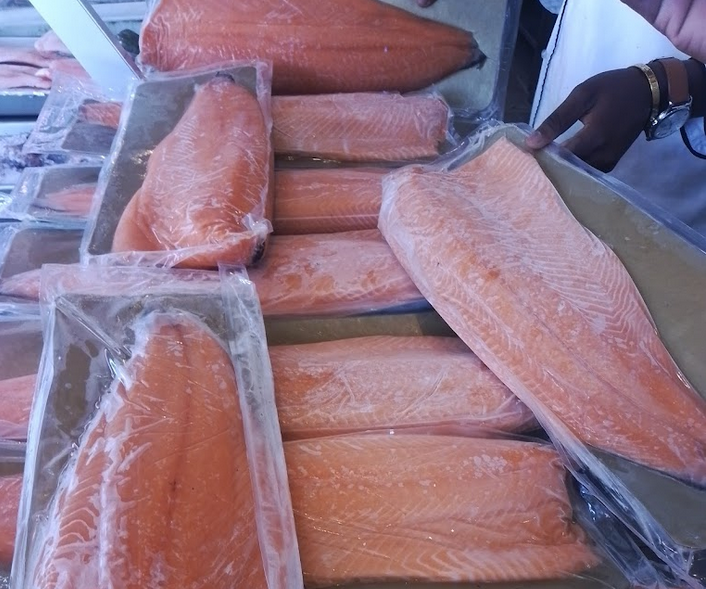
About Us
Ceer Processing Limited is a vertically integrated fish and seafood company with a global reach. We are committed to providing premium seafood products through responsible sourcing and ethical practices. Our facilities meet international food safety standards and are FSSC 22000 certified, ensuring product quality, legality, and full traceability.
Our Products
We offer a wide variety of fresh and frozen seafood suitable for distributors, retailers, restaurants, and individual consumers:
Featured Products
Most Sort Products
Tuna Fish
Rich in Vitamin D, Iron, Vitamin B6, Potassium, Selenium, and Iodine. Promotes bone health, strengthens the immune system, and supports growth in children.
Nile Perch
Highest concentration of Omega-3 fatty acids among oily fish. Key benefits include heart health and improved brain function due to EPA and DHA content.
Salmon Fish
Reduces artery inflammation, lowers cholesterol, maintains blood pressure, prevents excess fluid retention, and reduces risks of heart attacks, strokes, and arrhythmias.
